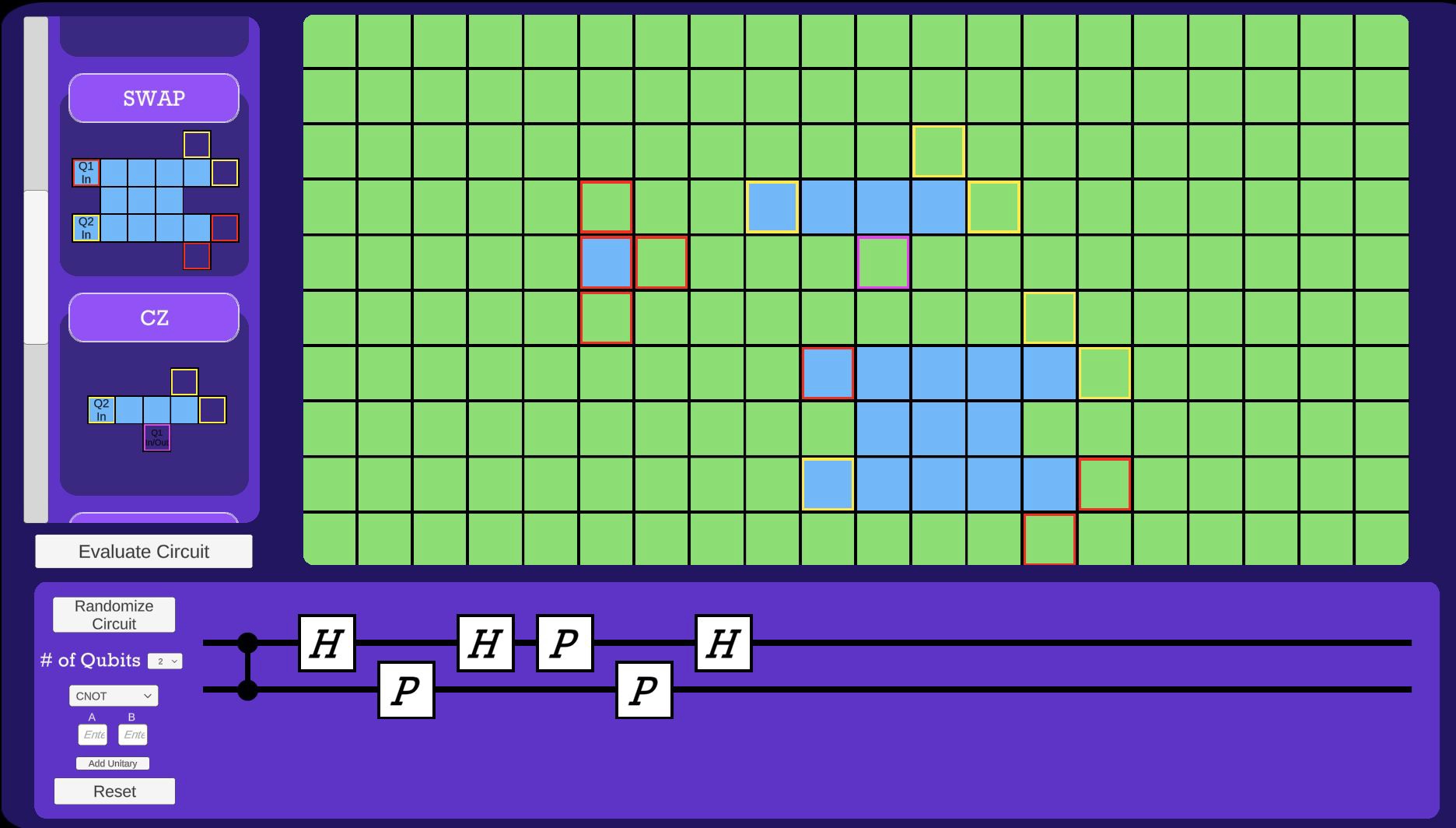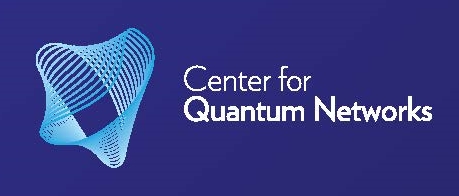Quantum Tangram Game
Outcome/Accomplishment
A provisional patent for a tangram game, a Chinese woodblock puzzle game that teaches quantum mechanics, has been filed by a graduate student and her mentors at the University of Arizona and the University of Massachusetts-Amherst. The student, Ashlesha Patil, is with the Center for Quantum Networks (NSF CQN), a U.S. National Science Foundation (NSF)-funded Engineering Research Center (ERC) based at the University of Arizona. The American Physical Society meeting in 2023 highlighted Patil’s game, and the project also led her later that year to receive the Student Innovator of the Year Award from Tech Launch Arizona, an office of the University of Arizona.
Impact/Benefits
The tangram game allows people to learn quantum computing from scratch. Additionally, widespread use of this game could lead to advancements in quantum science. Optimal mapping of a quantum circuit to measurement-based quantum computing is an open research problem, which players of the game can potentially help solve. The theory for developing this game is informing a larger research project of the NSF CQN to develop distillation protocols.
Explanation/Background
In the quantum tangram game, the player is provided a quantum circuit to map using digital puzzle blocks, which happens to reflect a model of quantum computing called measurement-based quantum computing. The game’s rules are stated in simple terms without reference to quantum computing, allowing the game to be used for outreach to students with no prior experience in quantum computing, as well as to quantum science experts who seek a more intuitive grasp of this model.
Patil, a doctoral student at the University of Arizona, along with her advisors Saikat Guha from the University of Arizona and Don Towsley from the University of Massachussetts-Amhert, contributed to the provisional patent. Undergraduate students also contributed to the game development.
Location
Tucson, Arizonawebsite
Start Year
Microelectronics and IT
Microelectronics, Sensing, and IT
Lead Institution
Core Partners
Fact Sheet
Outcome/Accomplishment
A provisional patent for a tangram game, a Chinese woodblock puzzle game that teaches quantum mechanics, has been filed by a graduate student and her mentors at the University of Arizona and the University of Massachusetts-Amherst. The student, Ashlesha Patil, is with the Center for Quantum Networks (NSF CQN), a U.S. National Science Foundation (NSF)-funded Engineering Research Center (ERC) based at the University of Arizona. The American Physical Society meeting in 2023 highlighted Patil’s game, and the project also led her later that year to receive the Student Innovator of the Year Award from Tech Launch Arizona, an office of the University of Arizona.
Location
Tucson, Arizonawebsite
Start Year
Microelectronics and IT
Microelectronics, Sensing, and IT
Lead Institution
Core Partners
Fact Sheet
Impact/benefits
The tangram game allows people to learn quantum computing from scratch. Additionally, widespread use of this game could lead to advancements in quantum science. Optimal mapping of a quantum circuit to measurement-based quantum computing is an open research problem, which players of the game can potentially help solve. The theory for developing this game is informing a larger research project of the NSF CQN to develop distillation protocols.
Explanation/Background
In the quantum tangram game, the player is provided a quantum circuit to map using digital puzzle blocks, which happens to reflect a model of quantum computing called measurement-based quantum computing. The game’s rules are stated in simple terms without reference to quantum computing, allowing the game to be used for outreach to students with no prior experience in quantum computing, as well as to quantum science experts who seek a more intuitive grasp of this model.
Patil, a doctoral student at the University of Arizona, along with her advisors Saikat Guha from the University of Arizona and Don Towsley from the University of Massachussetts-Amhert, contributed to the provisional patent. Undergraduate students also contributed to the game development.

